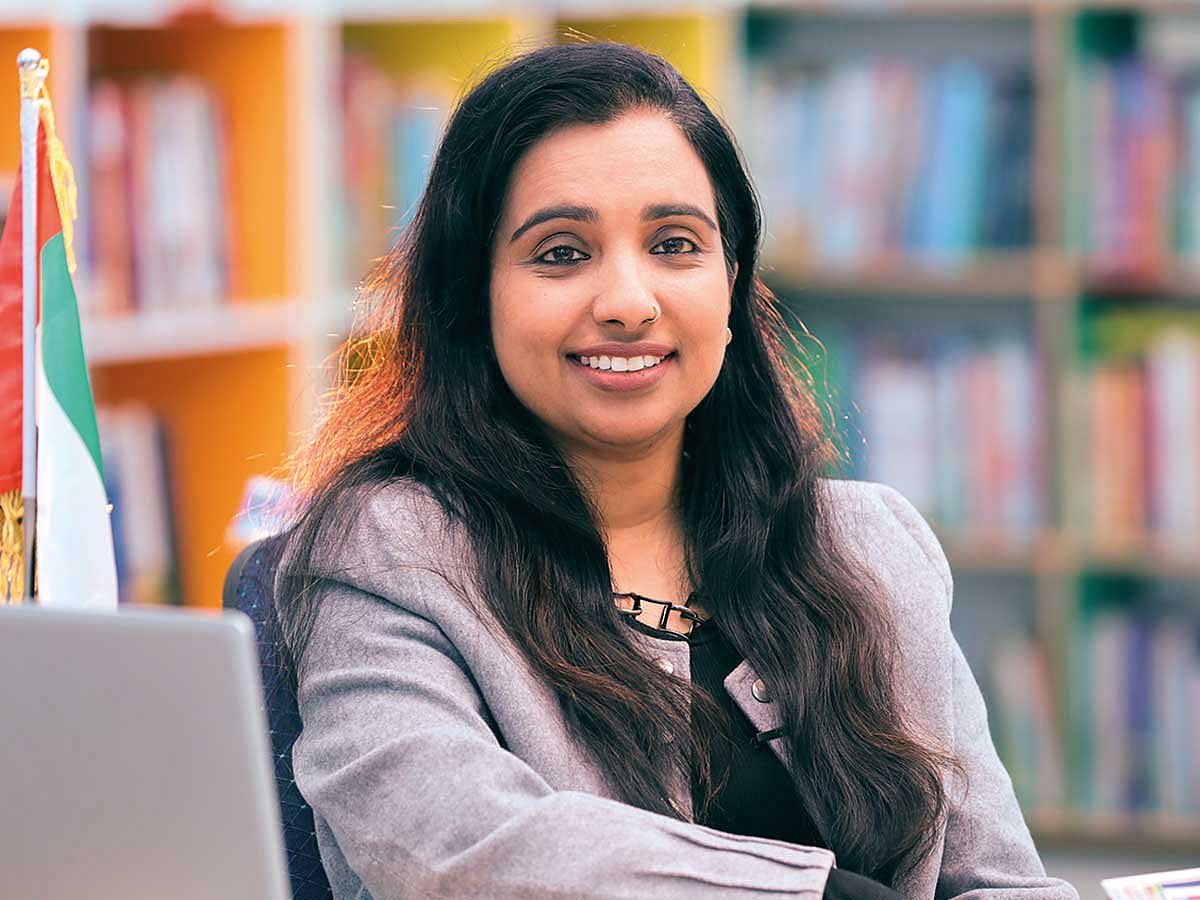Bharatiya Vidya Bhavan Middle East: How to transform education through smart integration
Blending core academics with emerging skills for future-ready student success in the UAE

How is your school rethinking curricula to balance core academics with emerging skills like AI literacy, sustainability, and entrepreneurship?
As a group of schools, we have understood that balancing core academics with emerging skills, would mean evolving our curriculum through integration rather than addition. We retain CBSE’s academic rigour while embedding AI literacy, sustainability, and entrepreneurship across subjects through project-based and interdisciplinary learning.
Our Kindergarten strives to build curiosity and scientific habits; middle and senior grades are trained to apply concepts to real-world problems. Teacher capacity-building, purposeful external partnerships ensure authentic learning and measurable impact.
In what ways are project-based or experiential learning methods helping students connect theory with real-world applications?
Children of the present generation are on an overload of information which is obtained from diverse sources. Project-based and experiential learning transform theoretical knowledge into practical understanding. Instead of memorising information, students explore, investigate, and create solutions to real problems — connecting academic knowledge with lived experiences.
This deepens understanding, builds critical thinking, collaboration, and communication skills, and nurtures creativity and responsibility. Through reflection and hands-on engagement, students see the relevance of what they learn, making education more meaningful and future-focused — a vital shift for preparing them to thrive in a dynamic, problem-solving world. And teachers become facilitators who guide reflection and foster growth mindset.
How does your school ensure students remain adaptable in an era where many future careers don’t yet exist?
To ensure adaptability, schools must focus on competencies and learning agility. Whether this a boon or a bane – the pull towards traditional subjects must be disconnected. While most schools traditionally offer 6 subjects each in science and commerce at the most. We offer close to 20 varied subjects for students to choose from and explore in Al Ain.
A thirst for the unknown followed by an independent learning craving must be carved into each child. Reflective practices and self improvement must be life skills that children are mandatorily exposed to and practicing.
Metacognition, ethical reasoning, and innovation mindsets - These academic terms have been floating around for years and yet schools rarely move out of comfort zones to embed them into their curriculum or teaching practices. Continuous teacher mentoring, flexible curriculum design, and opportunities to explore diverse fields will equip learners to navigate uncertainty.
How do you leverage technology, such as AI tools, digital platforms, or virtual labs, to personalise learning for students?
I believe we must leverage technology to personalise learning, tailored to each student’s needs. Instead of harbouring fear and discussions on AI replacing schools and teachers - AI-powered platforms should be used to track performance, identify gaps, and suggest targeted resources or exercises, allowing students to progress at their own pace.
Virtual labs and simulations enable experiential learning beyond textbooks. Teachers must use analytics dashboards to differentiate instruction, provide timely interventions, and group students strategically for collaborative projects.
How does your school embed critical thinking, creativity, and problem-solving into academic pathways?
Critical thinking, creativity, and problem-solving can be embedded in academic pathways through a deliberate, structured approach across grades and subjects. It involves coming together of educators to deliberate and plan. It takes time and effort that is a commitment. Core content must be taught in ways that encourage questioning, evaluation, and application rather than rote learning.
Learning in classrooms must go beyond the walls and textbooks and allow students to tackle authentic problems, such as environmental challenges, community issues, or entrepreneurial ventures. Collaboration and peer review must be regular practices in classrooms to strengthen reasoning and idea generation.
Sign up for the Daily Briefing
Get the latest news and updates straight to your inbox
Network Links
GN StoreDownload our app
© Al Nisr Publishing LLC 2026. All rights reserved.